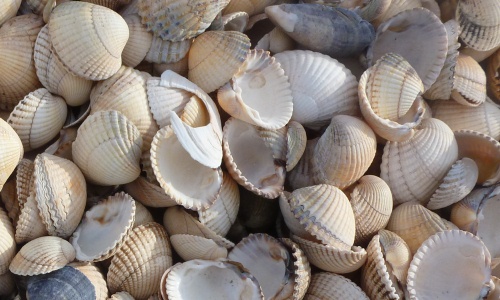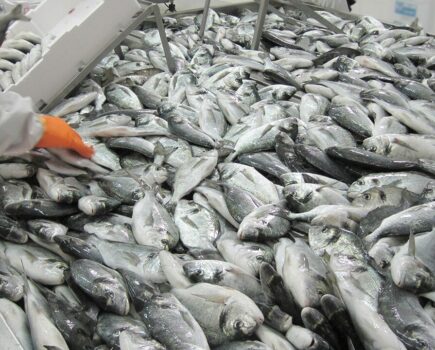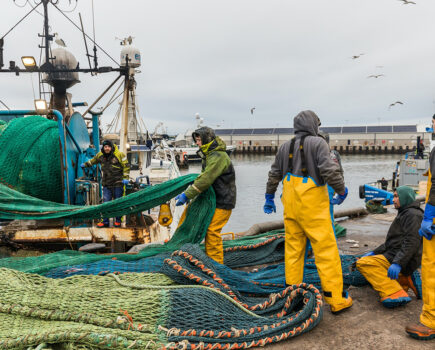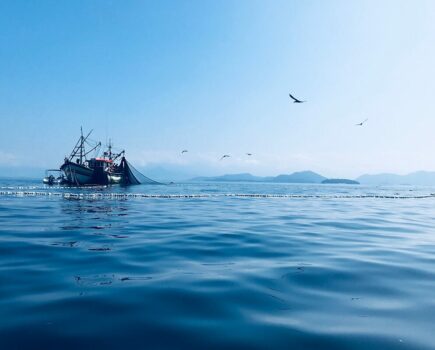The Scottish government has published its report on the management trial conducted in Solway Firth cockle fishery, based on the study which place from 2013 to 2014.
In a statement the Scottish Government claimed the management study was able to develop and test a range of harvesting controls, develop a training scheme which improved health and safety awareness, test a new method of end- product analysis on seafood entering the food chain and raise awareness within local communities and conservation organisations of the potential for a low-impact sustainable fisheries model.
According to the study a single distribution centre offered a number of benefits for improving compliance and providing the opportunity for full product traceability.
However, the study was unable to test the full range of management approaches to the harvest of a commercial volume of cockles over a sustained period of time, due to disappointing catch weights.
“Today’s report provides a useful body of evidence which will support the continued development of sustainable management for this fishery,” said Cabinet Secretary for Rural Affairs, Food and the Environment Richard Lochhead.
“To build on this evidence we plan to conduct further a further scientific study later this year and will soon be seeking partners to assist us to gather the required data. This will involve some further fishing opportunities if science supports that.
“Our overarching aim remains a fishery in the Solway that is safe, sustainable and offers local benefits for years to come and we are considering the management regime that would be required to support a safe and sustainable cockle fishery.”
Solway Firth cockle fishery’s report can be viewed in full here:








